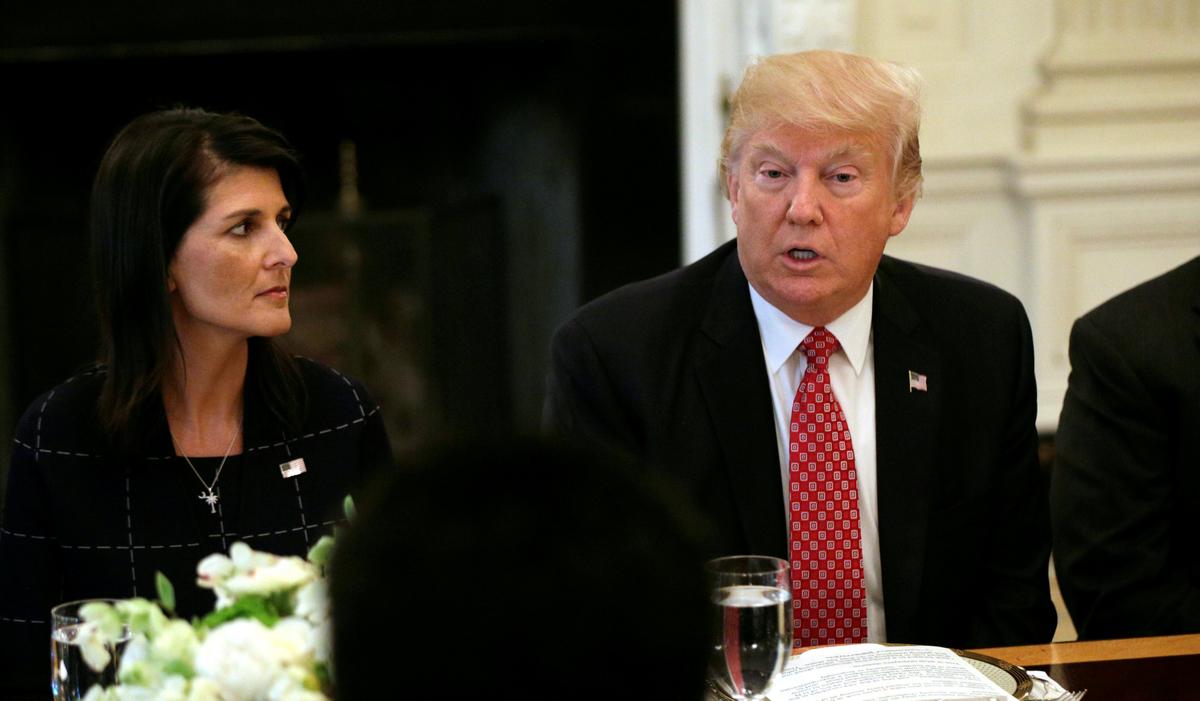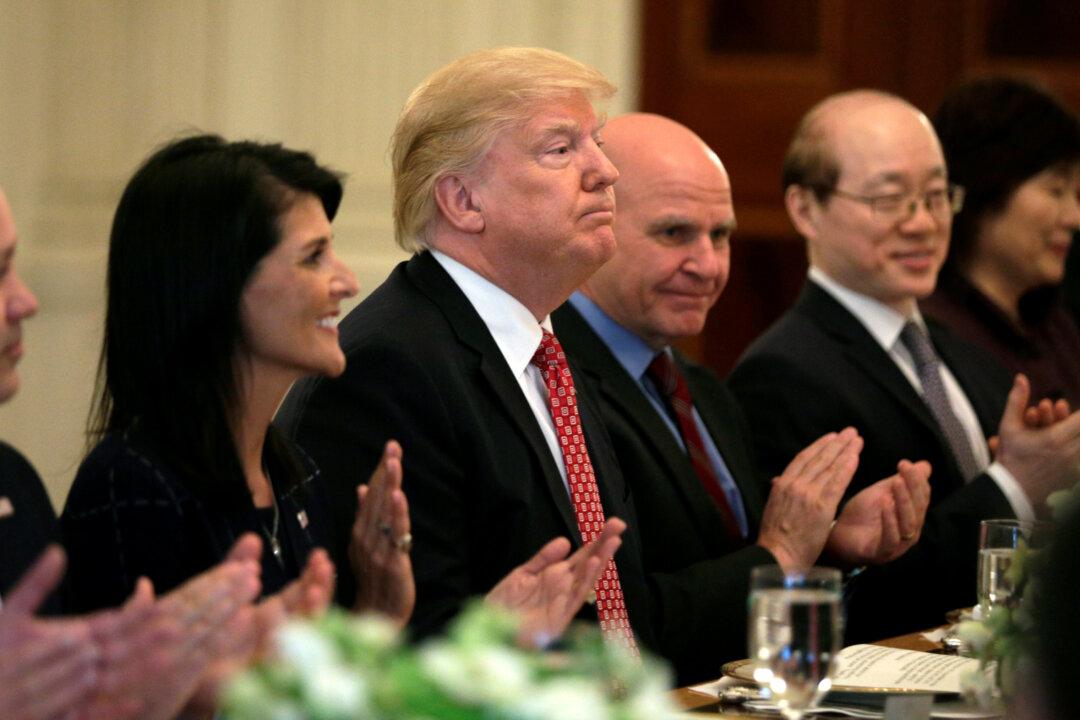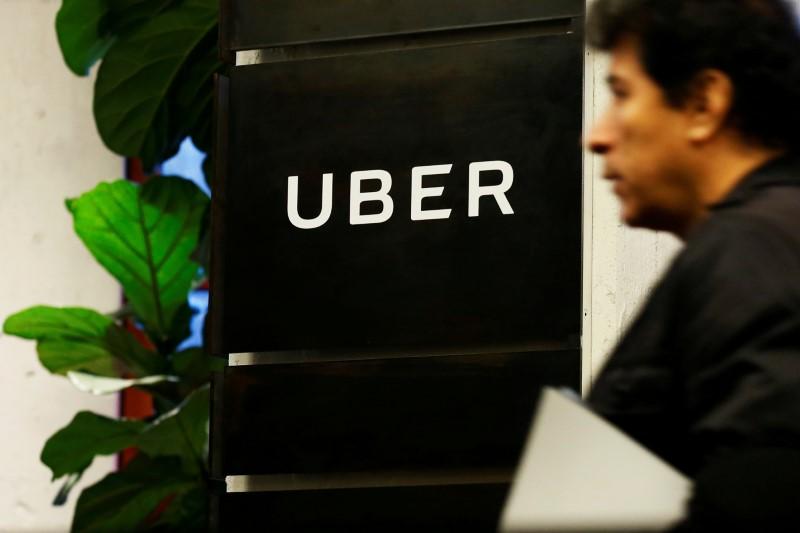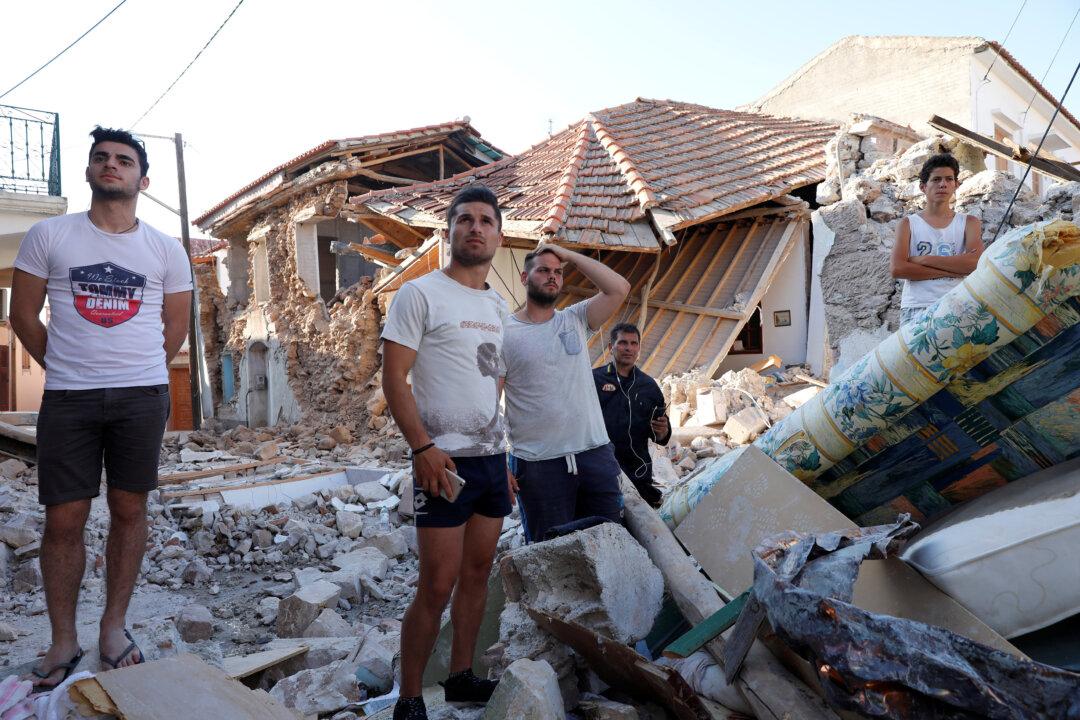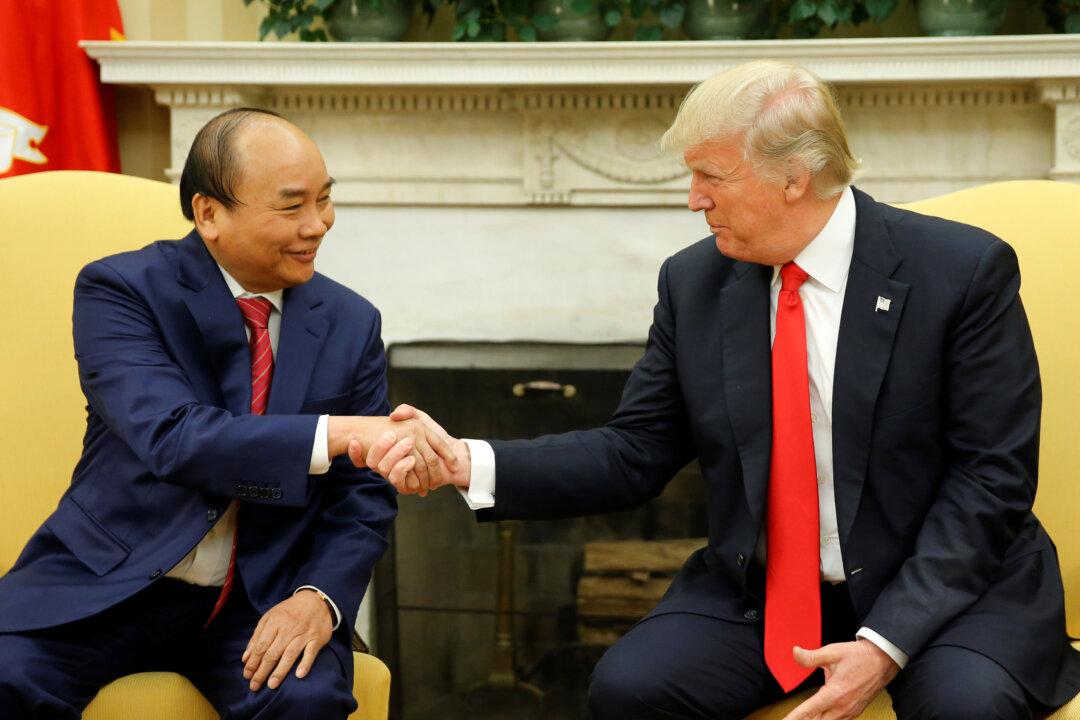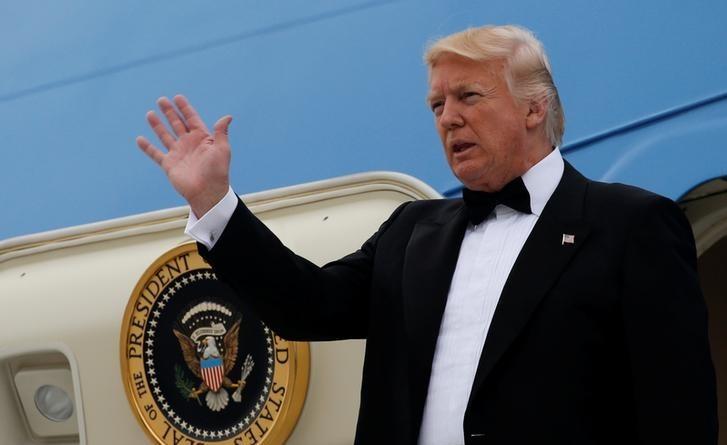WASHINGTON—President Donald Trump complained on Monday that the United States is shouldering an unfair burden of the cost of the United Nations, but said if the world body reforms how it operates, the investment would be worth it.
Trump, who has frequently criticized the cost to the United States of supporting the NATO alliance, took his concerns directly to the ambassadors of the U.N. Security Council, who joined him at the White House for a lunch.
“If we do a great job, I care much less about the budget because you’re talking about peanuts compared to the important work you’re doing,” Trump told the 15 council envoys.
The United States is the biggest U.N. contributor, paying 22 percent of the $5.4 billion core budget and 28.5 percent of the $7.9 billion peacekeeping budget. These assessed contributions are agreed by the 193-member U.N. General Assembly.
Trump said the U.S. share of those budgets was “unfair.”
He has proposed a 28 percent budget cut for diplomacy and foreign aid, which includes an unspecified reduction in funding for the United Nations and its agencies, as well as enforcement of a 25 percent cap on U.S. funding for peacekeeping operations.
“We need the member states to come together to eliminate inefficiency and bloat and make sure that no one nation shoulders a disproportionate share of the burden,” he said.
